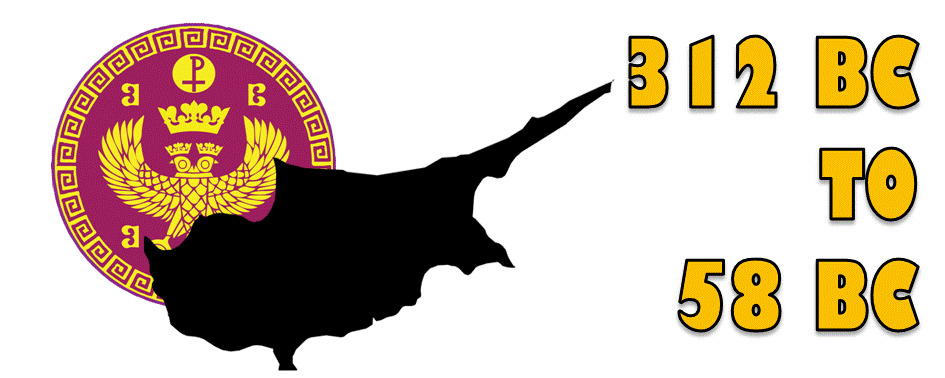
A COMPREHENSIVE HISTORICAL OVERVIEW
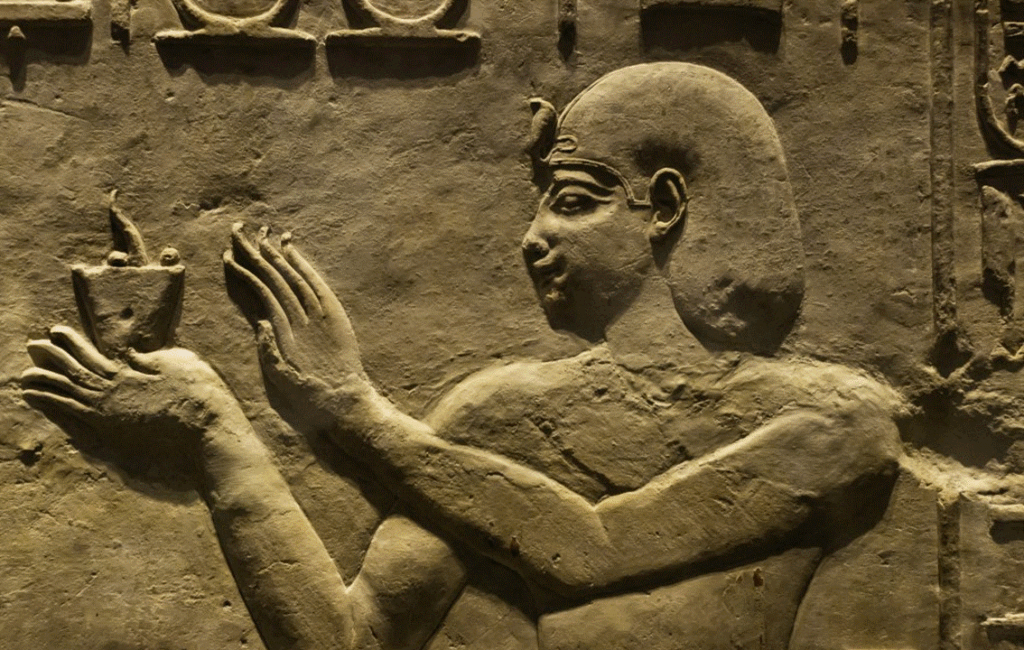
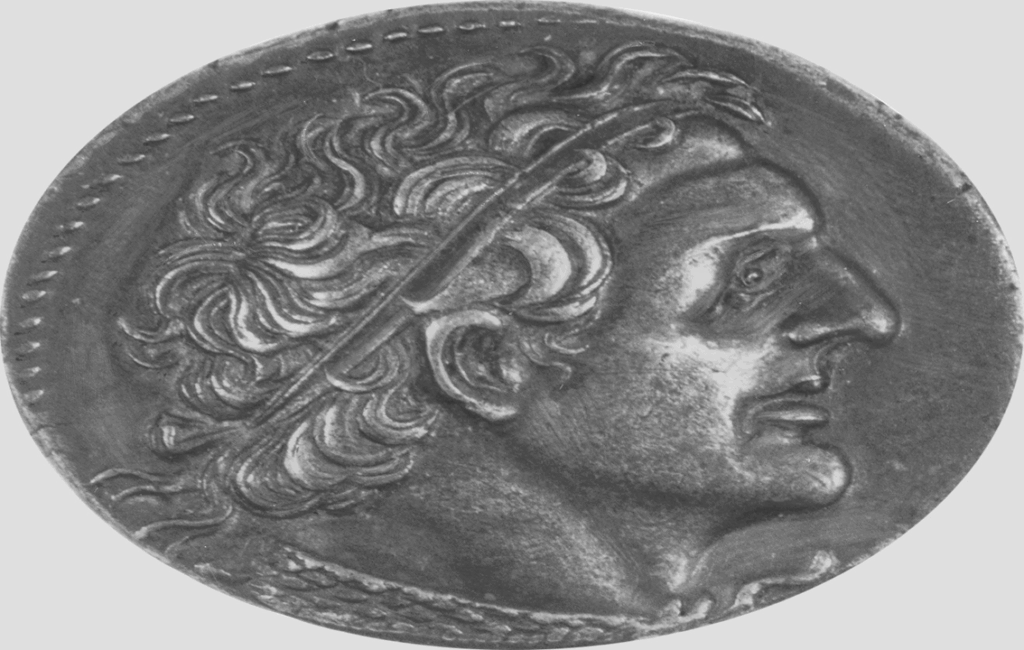
A GRAND HELLENISTIC PERIOD
The rule of Ptolemaic Egypt over Cyprus marked quite a significant era in the island’s history. Ptolemy’s conquest of the island more or less began after Alexander the Great’s death in 323 BC. Alexander stated, before his death, that his empire should be taken by the strongest. This ultimately led to a huge power struggle, creating several civil wars between his most trusted generals that resulted in the division of his empire. The lands to the south, particularly Egypt, fell to Ptolemy I Soter.
CRITICAL RESOURCES
After fully establishing a Ptolemaic dynasty in Egypt, he set about incorporating Cyprus into his domain. The island’s strategic location, however, made it a target for other superpowers in the region. This resulted in the island suffering several prolonged conflicts that all took their toll. Following the wars of the Diadochi that occurred 11 long years later, Ptolemy’s subjugation of the island was complete. Ptolomaic reign of the island began unopposed in 312 BC and would last until 58 BC.
A STRATEGIC LOCATION
Cyprus became a vital province for Ptolemy I Soter after he incorporated the island fully into his realm of influence, and he went on to exploit the island’s full strategic position in the Eastern Mediterranean. Cyprus provided Ptolemaic Egypt with critical resources and a base for naval operations against rival powers. These included the Seleucid Empire and other smaller Hellenistic states that often came into conflict with Egypt.
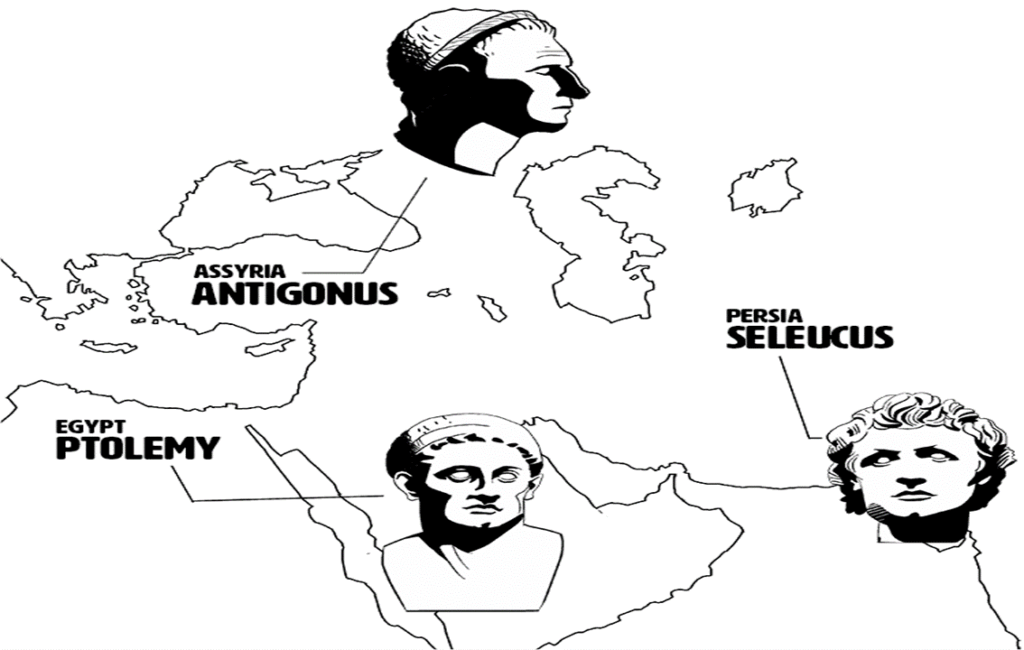
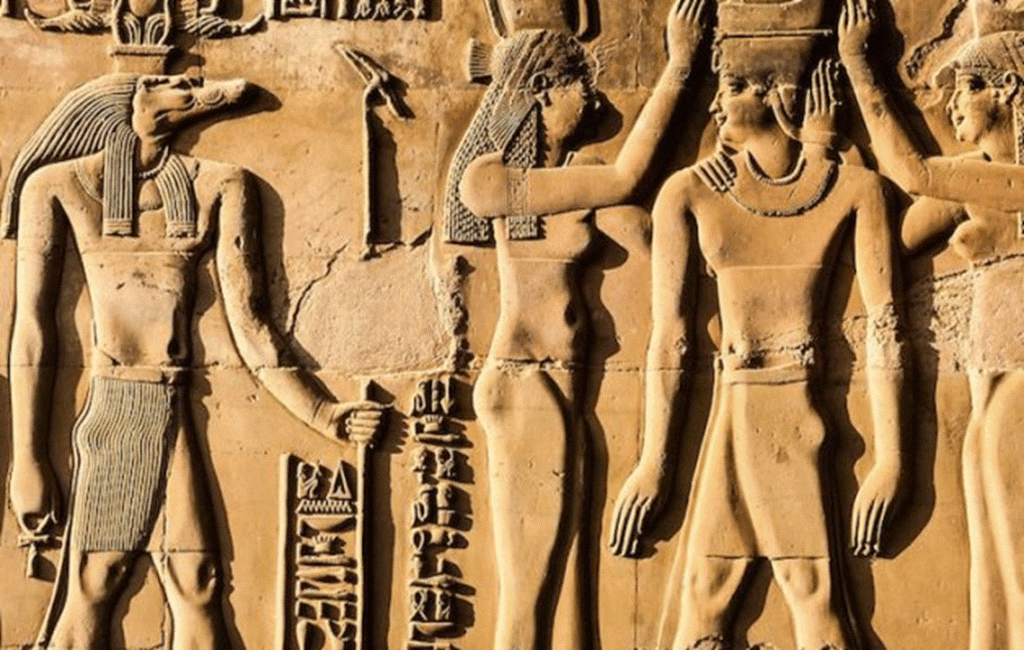
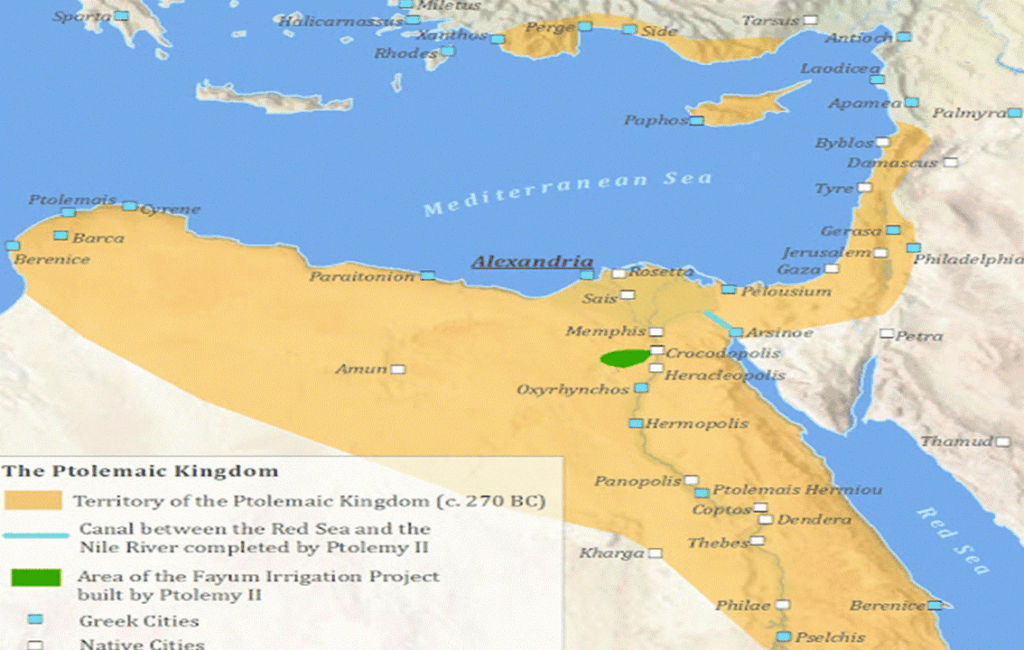
A NEW STRUCTURE FOR GOVERNANCE
Ptolemy I Soter set about immediately installing a new structure for governance across the island. The new regime sought to maintain control by ensuring loyalty from the local Cypriot elite. New administrative regions for them to govern were created, and they only installed Greek-speaking Cypriot Governors who answered only to the centralised Ptolemaic administration. This allowed them a certain degree of autonomy, which helped to placate potential unrest among the greater Cypriot population. The Ptolemaic administration also retained local customs while establishing the new governance methods, which sat well with most Cypriots.
HELLENISTIC CULTURE
Cyprus under Ptolemaic rule increasingly adopted a Hellenistic culture. This heavily influenced the social dynamics of the island at the time. Greek already was the dominant language of administration and commerce, and Hellenistic cultural practices permeated various aspects of all Cypriot life. The influence of Hellenistic art and architecture manifested in the construction of several temples, theatres, and public buildings. All of these reflected the architectural styles of mainland Greece and, to a certain extent, Egypt. Moreover, the Polemics were known for their patronage of the arts and education. They helped to establish institutions like libraries and schools that attracted several overseas scholars and artists. This cultural fusion helped to develop a unique Cypriot identity that resonated with both mainland Greece and Egypt. Religious practices also evolved, with the worship of Greek deities blending with local Cypriot beliefs.
GREAT ECONOMIC GROWTH
The Ptolemaic period was a time of great economic growth for Cyprus. The integration of mainly Greek bureaucratic practices and new administrative reforms resulted in highly efficient tax collection, which ultimately resulted in strong revenues flowing straight into the Ptolemaic treasury. The Ptolemaic administration also sought to exploit the island’s natural resources. The island had an abundance of copper, which was extensively mined during this era. Copper at the time was in significant demand and became a main export commodity that constantly contributed to Ptolemaic Egypt’s wealth.
NEW TRADE NETWORKS
Through the establishment of trade networks, Cyprus was established as a hub for commerce between the East and West, facilitating not only the exchange of goods but also culture and new ideas. Agriculture also flourished under Ptolemaic rule, and Egyptian advancements in farming techniques were passed on to Cypriot farmers. Produce from Cyprus was exported to various Mediterranean regions and economic prosperity followed, meaning that most settlements on the island flourished.
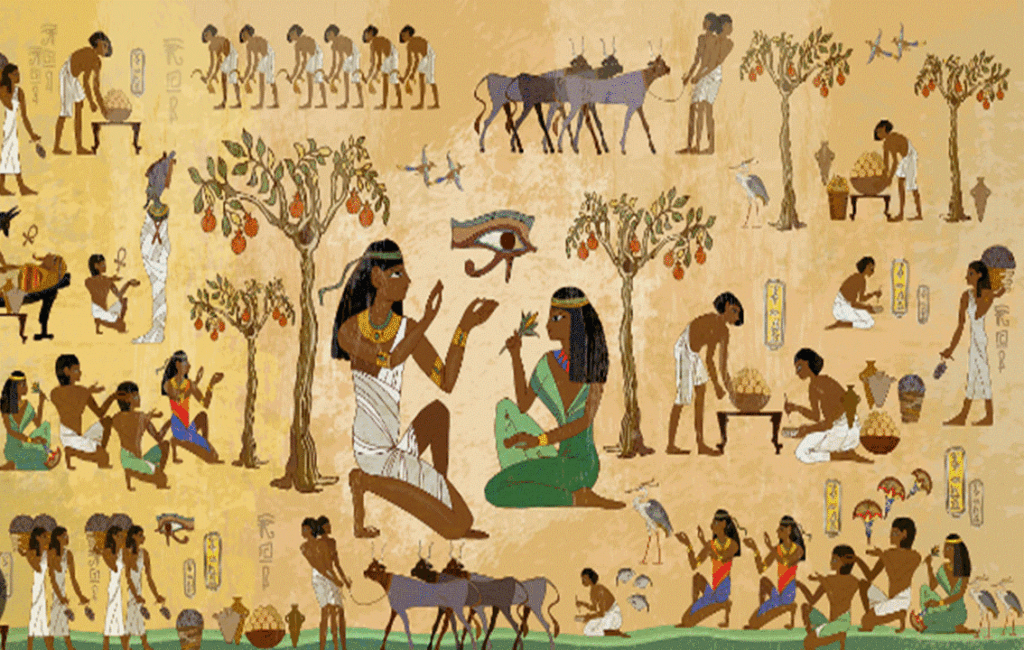
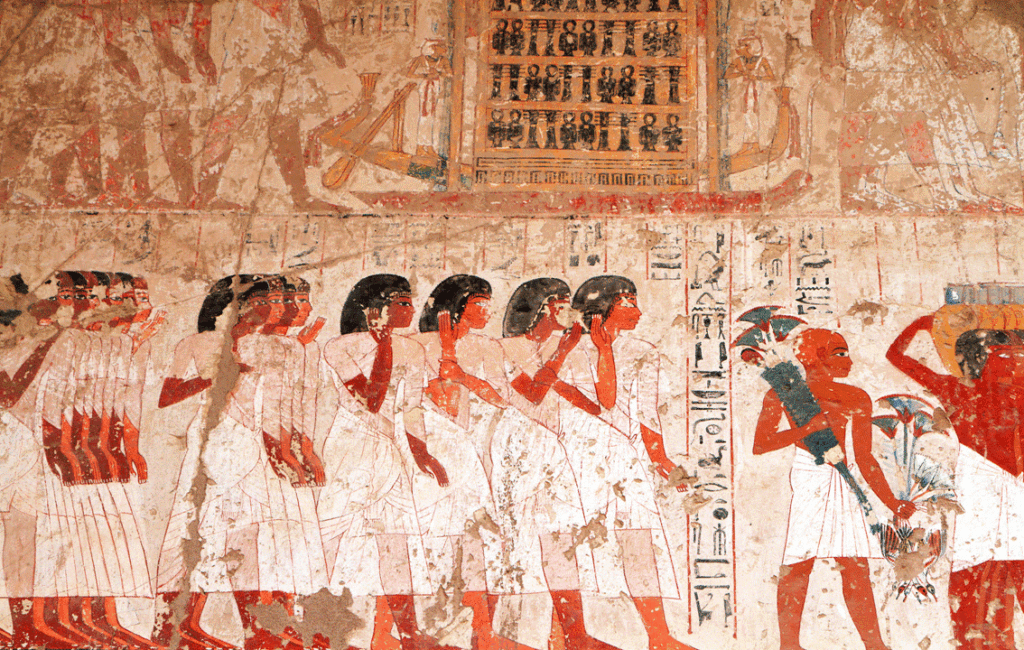
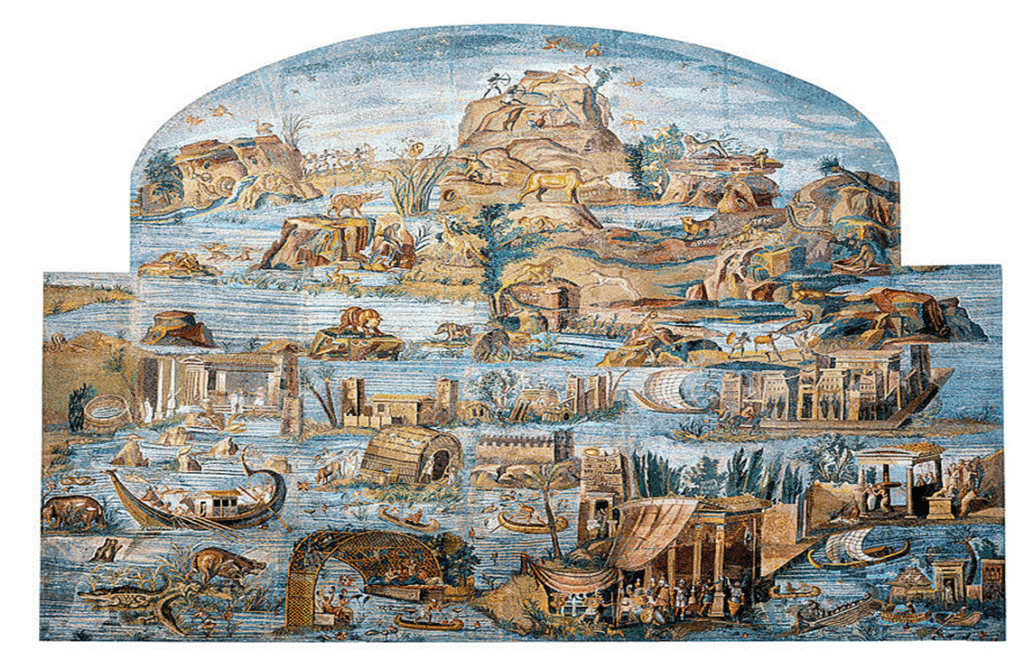
EXTERNAL THREATS
Despite the initial stability experienced under Ptolemaic rule, the latter part of their control over Cyprus became marked by stark military and political challenges. The internal strife within the Ptolemaic dynasty itself, coupled with external threats from rival powers such as the Seleucid Empire and the emergence of Rome, led to instability and a decline of Ptolemaic influence in Cyprus. The island became entangled in a larger geopolitical struggle, and the internal weaknesses of the Ptolemaic dynasty, including its failure to maintain effective governance and the depletion of economic resources due to constant military campaigns, made the island vulnerable to external conquest.
THE EMERGENCE OF ROME
The increasing pressure from the Seleucids created local uprisings that further weakened the Ptolemaic grip on Cyprus. Nevertheless, the administration attempted to maintain control through a heavy military presence that often resorted to heavy-handed tactics. This, however, led to further resentment among the local Cypriot populace who felt liberated when Rome took control of the island in 58 BC.

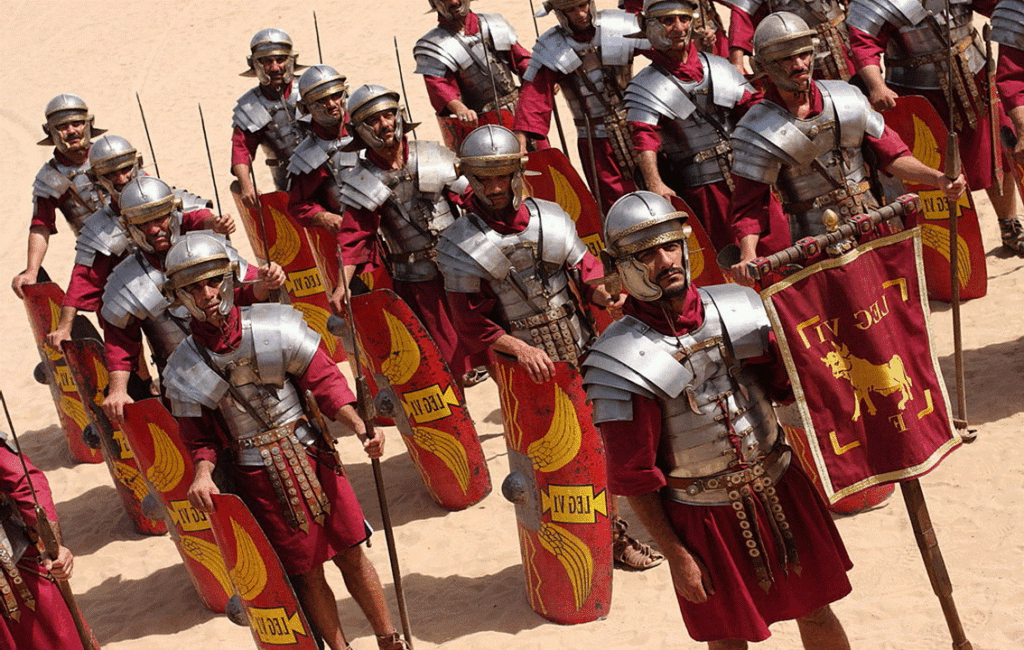
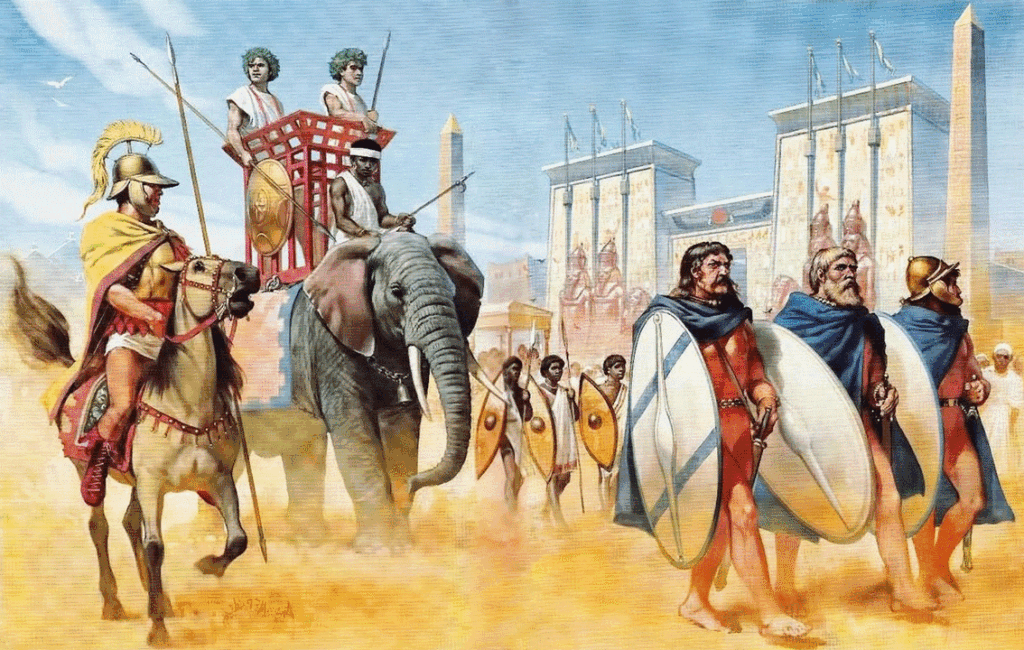
A PTOLEMAIC LEGACY
The legacy of the Ptolemaic period remains a testament to the complexities of Hellenistic rule and its impact on regional dynamics in the ancient Mediterranean world. Ptolemaic Egypt’s rule over Cyprus was an era of profound transformation that left an indelible mark on the island’s history. The period was characterised by significant economic growth, major cultural exchanges, and several administrative innovations, which would influence Cyprus for centuries. However, military challenges and internal Egyptian strife ultimately weakened the Ptolemaic position on the island, leading to its decline and eventual annexation by Rome.


